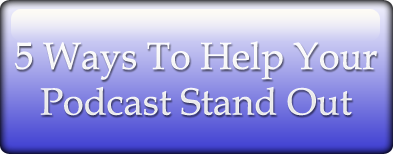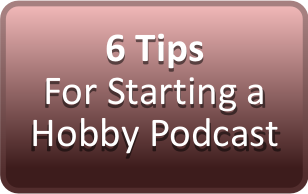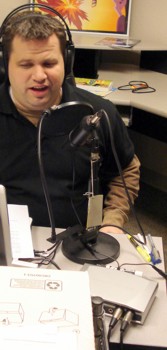
Have you ever been in a conversation with someone and something they say reminds you of a similar story from your own life? We all have. But what about when everything they say reminds you of something else and you feel the need to share every thing, every time? At what point have you stopped swapping stories and started to hijack the conversation to make it all about you? This can be a common thing, especially when trading funny life stories.
You can’t be a good storyteller without being ready to listen to someone else’s story. Here are some tips to help you be a better listener… and storyteller.
1. Pay Attention
The attention you pay will be the attention you are repaid. (You can quote me on that if you want) It’s a spin-off of the Golden Rule. Listen to others the way you would have them listen to you. Do you want someone texting while you’re sharing? Do you want them nodding like a moron the whole time you’re talking because they’re waiting for a pause so they can interrupt? No! Then be the listener you want them to be.
2. Keep Your Responses Relevant
Does your input compete with the situation shared by the other party or does it enhance it? To often we share our version because it’s “better” or “worse” than theirs (ie: “You thought that was bad? Listen to what happened to me last summer!”) or we’re trying to prove that we’re even funnier. This is passive-aggressive at its root and not the foundation for a comfortable conversation.
Your responses should be just that, responses. This person is sharing something with you that they care about. They’re not trying to out-do you or brag. People typically share things because it was exciting to them and they want to share that feeling with their listeners. If you will go into each conversation with this assumption, it will make it easier for you to be a listener and a participant without being a topic derailer.
3. Ask Questions Instead Of Relating
The typical thing to do after someone shares a story is to come back with a similar happening in our own world. It’s our attempt at relating but it waters down the conversation and steals the thunder of the storyteller. When we don’t have a way to relate, commonly we will respond with a statement, “That sounds awesome,” or simply, “Wow”. This hands the ball back to the storyteller… but gives them nowhere to go. The best response is to start asking questions. Pull more of the story out of them. You’ll see their face light up at your interest, and as an added bonus, you don’t have to think of a way to relate!
4. Bait Your Hook
When the storyteller is done, then it’s your turn. Do yourself a favor though, give them just a title and tagline before you read the entire article. Put just a bit of your story out and see if there’s any interest before you waste their and your time. It may sound something like this:
“You know, one time I fell down a cliff too. It’s the tumble that nearly killed me.”
See how that pulls you in? I just made that up but even I want to hear the rest of that story.
Your Turn
What tips would you have for our readers? What do you hate about folks who can’t listen? Share your thoughts in the comments!




 A lot has changed in the way I record the show from when I first started. I wish I could say it was a gradual process, but a lot of my learning has taken place in just the last couple of months. My process of mixing the show down has shortened from several hours to right around 45 minutes. I thought an update on an earlier post was in order.
A lot has changed in the way I record the show from when I first started. I wish I could say it was a gradual process, but a lot of my learning has taken place in just the last couple of months. My process of mixing the show down has shortened from several hours to right around 45 minutes. I thought an update on an earlier post was in order. Updated 12-07-2007
Updated 12-07-2007